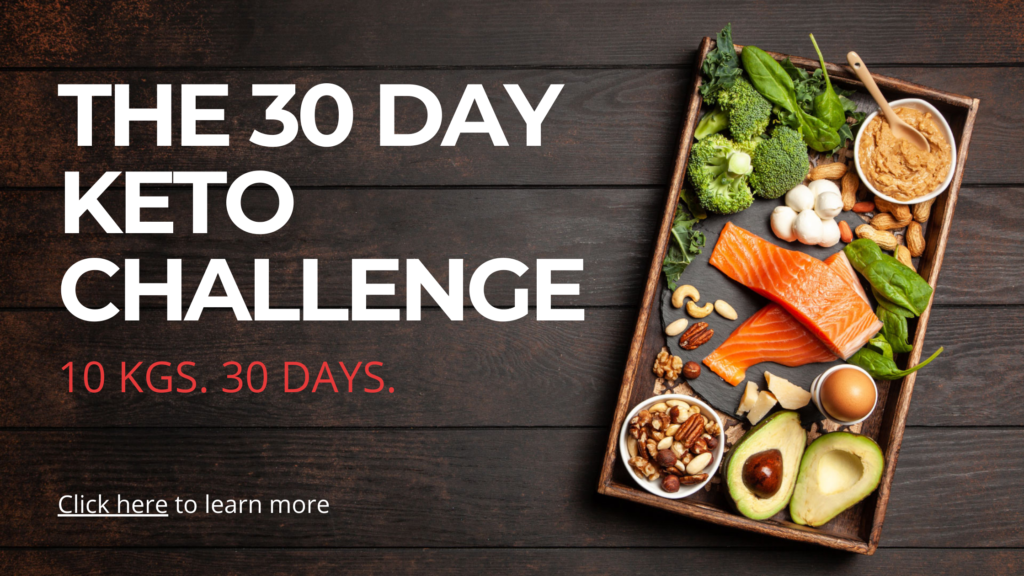The ketogenic diet, despite its popularity, is surrounded by several myths and misconceptions. Here are some common myths about the keto diet:
1. Keto is Just Another Fad Diet
While keto has gained popularity as a trendy diet, it is based on decades of research regarding metabolic health and epilepsy treatment. It’s not just a passing trend; many people have successfully adopted it for long-term health benefits.
2. You Can Eat Unlimited Fat
While the keto diet is high in fats, it doesn’t mean you can consume any fat in any quantity. It’s essential to focus on healthy fats (like avocados, nuts, and olive oil) and practice moderation to avoid excessive calorie intake.
3. Keto is Not Sustainable Long-Term
Many believe that the restrictive nature of keto makes it unsustainable. However, many people find ways to adapt and maintain a keto lifestyle over the long term, enjoying a variety of foods and focusing on balanced nutrition.
4. You Can’t Eat Any Carbs
A common misconception is that the keto diet requires complete elimination of carbohydrates. While it significantly reduces carb intake, many versions of keto allow for some low-carb vegetables and certain fruits, emphasizing net carbs.
5. Keto Causes Nutrient Deficiencies
While it’s true that eliminating certain food groups can lead to nutrient gaps, a well-planned keto diet can still be nutritionally adequate. Including a variety of low-carb vegetables and healthy fats can provide essential nutrients.
6. Keto is Only for Weight Loss
Though many turn to keto for weight loss, it offers other health benefits, such as improved blood sugar control, increased energy, and enhanced mental clarity. It can also benefit those with specific medical conditions, like epilepsy.
7. Keto Will Raise Cholesterol Levels
While some people may experience an increase in cholesterol levels, studies show that the type of cholesterol often improves. The diet can increase HDL (good cholesterol) and decrease triglycerides, which is beneficial for heart health.
8. You’ll Experience “Keto Flu” Forever
The “keto flu” refers to symptoms some people experience when transitioning into ketosis. While it can be uncomfortable, these symptoms are usually temporary and subside as the body adapts to the new energy source.
9. All Keto Diets are the Same
There are various approaches to the keto diet, including standard, targeted, and cyclical keto. Each has different protocols and may suit different lifestyles and fitness levels, so it’s not a one-size-fits-all diet.
10. Keto is Not Safe
When followed correctly, the keto diet can be safe for most people. However, it’s important for individuals with certain health conditions, like pancreatitis or liver disease, to consult healthcare professionals before starting.
Conclusion
Understanding the realities of the ketogenic diet is crucial for making informed choices. By debunking these myths, individuals can approach the diet with a clearer perspective and better plan for their health goals.
As with any dietary change, consulting a healthcare professional is advisable for personalized guidance.



